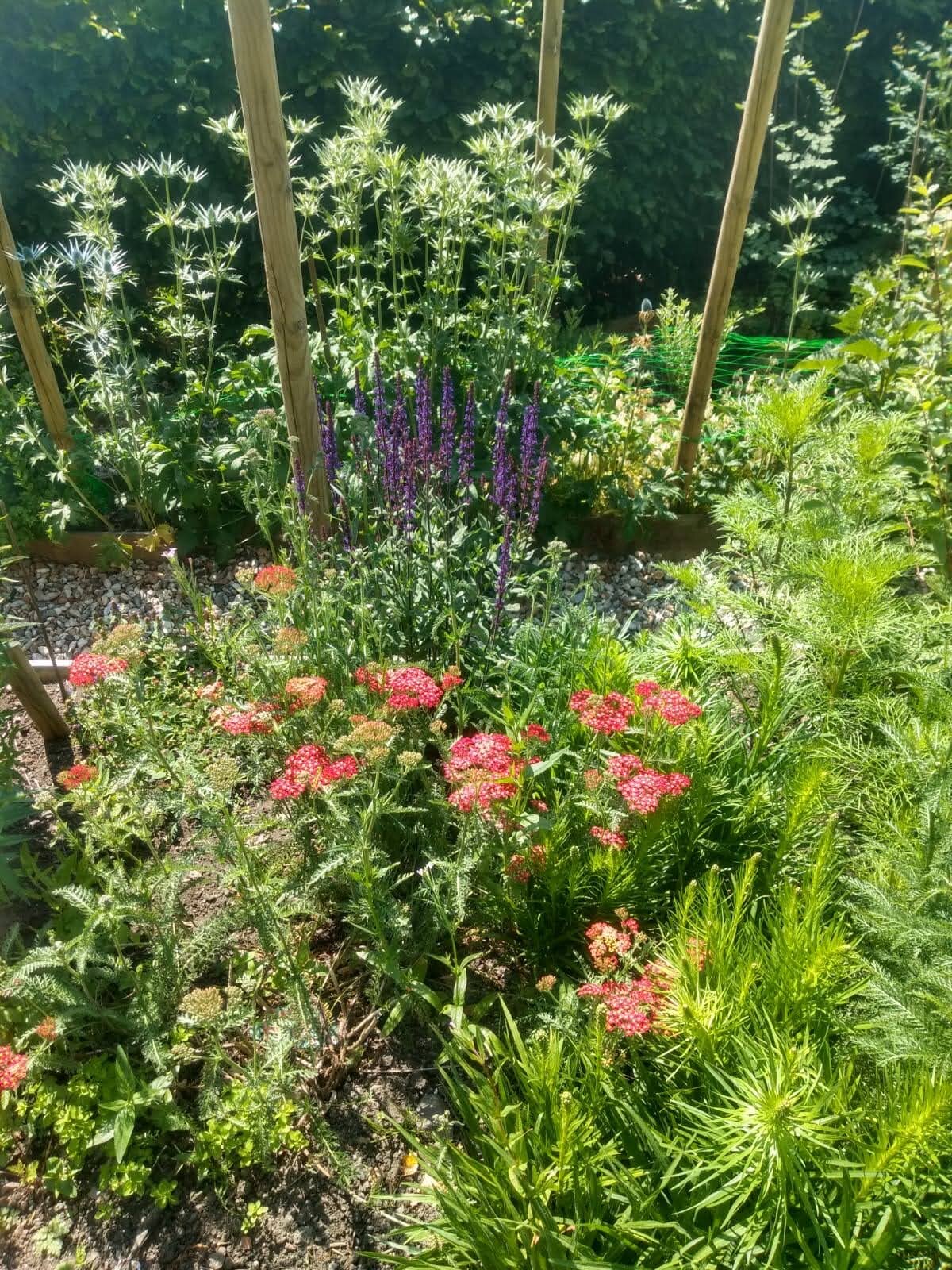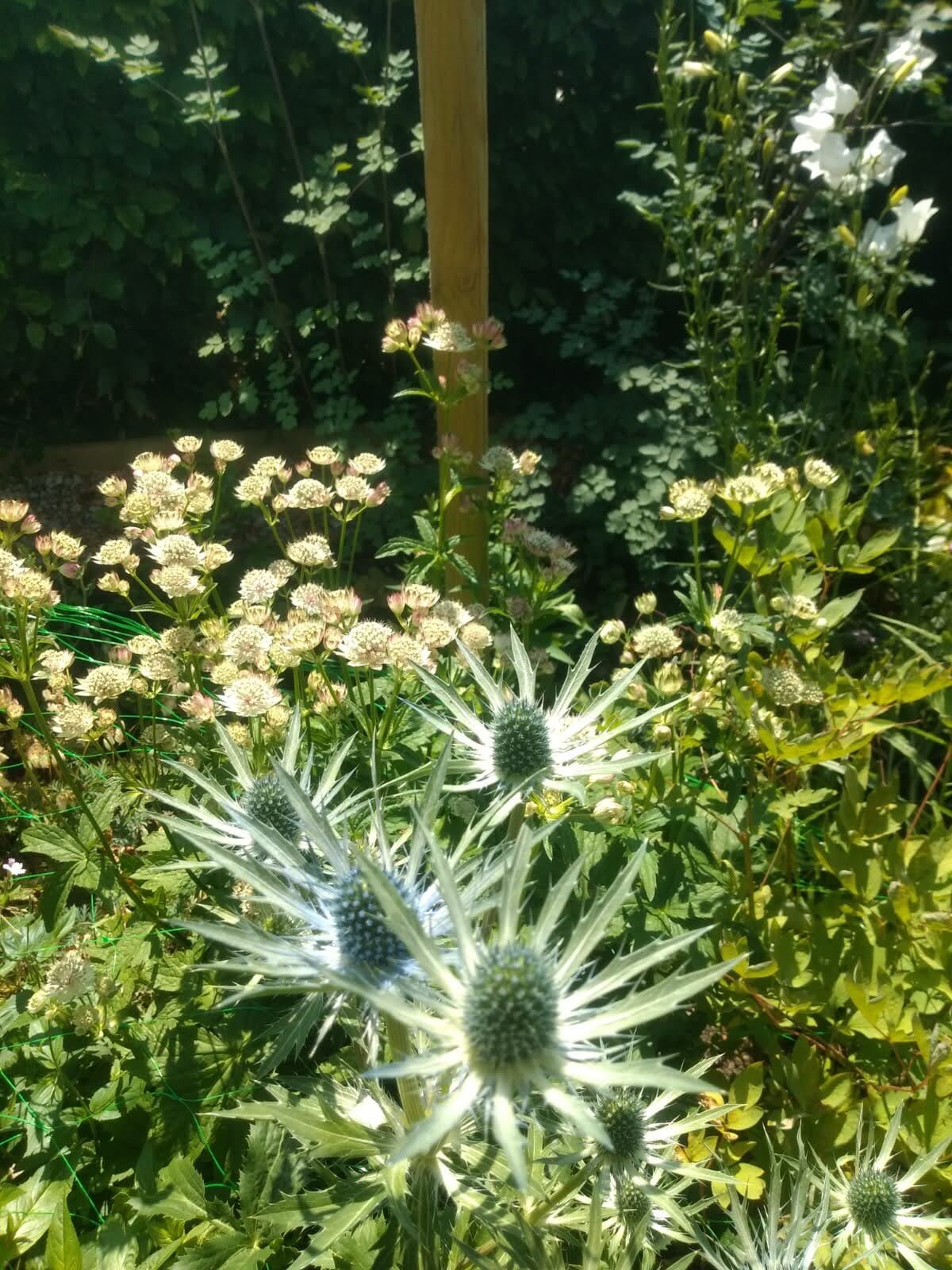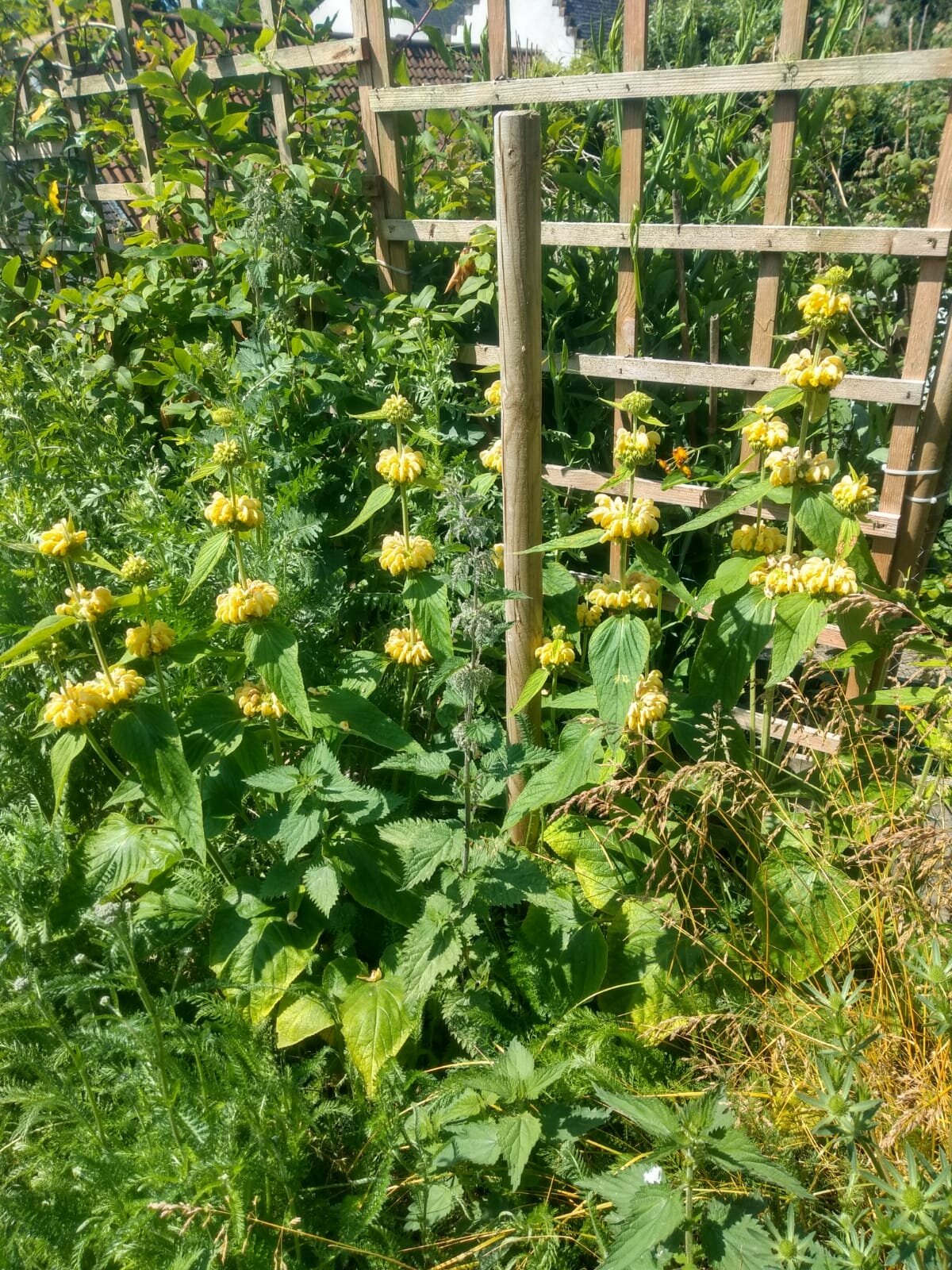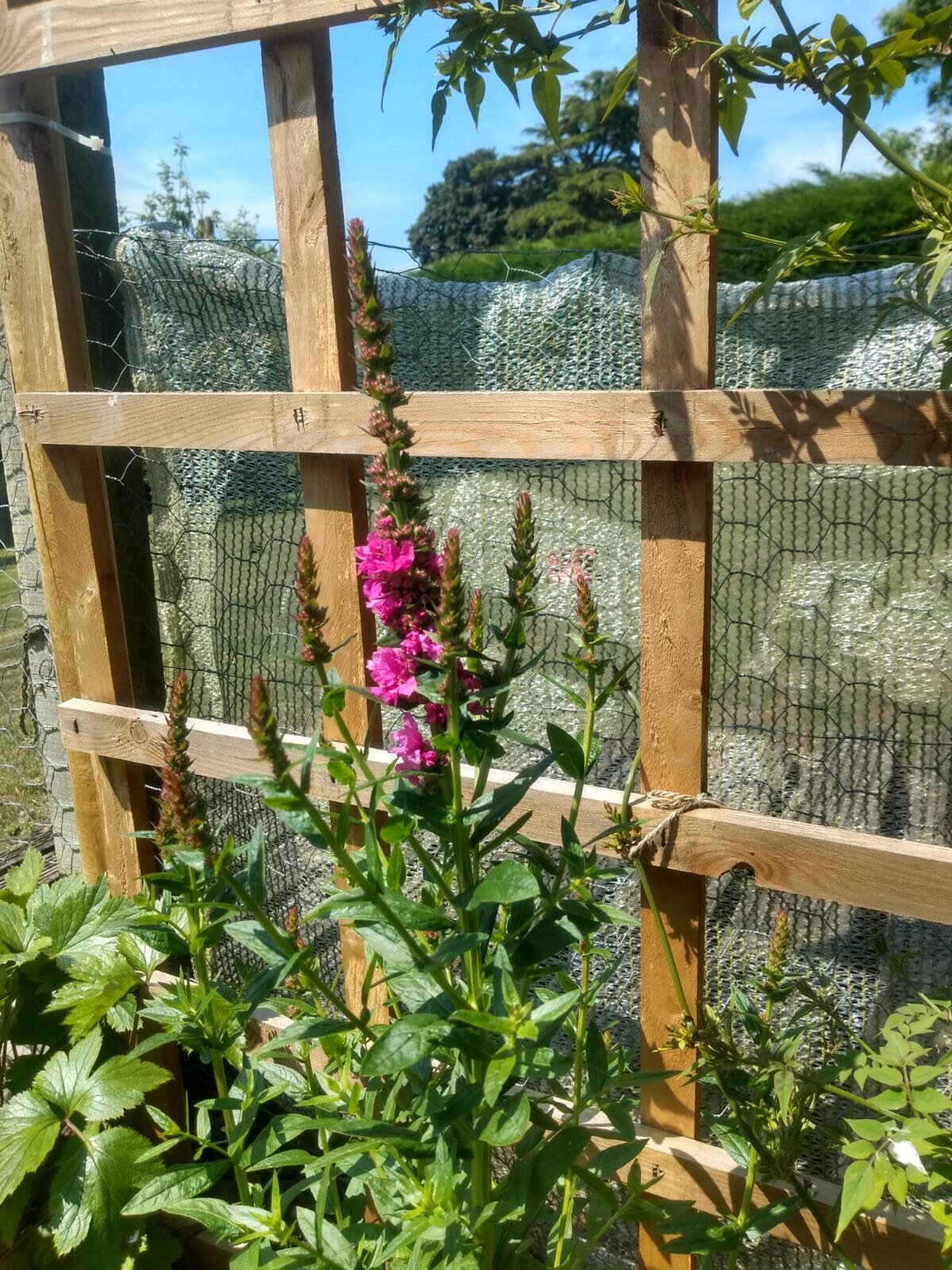There are many reasons for buying British Flowers, whether that’s a factor in how you choose your florist for your wedding or funeral flowers, or whether you ask a florist you work with to consider buying in more British grown flowers. This week in honour of British Flowers Week we’re looking at some of the reasons why British Flowers should be used more often.
In my last blog post I talked about seasonality and variety and how buying British flowers affects my floristry practice. In this second post I’m going to concentrate on how buying British flowers supports local business.
I think sometimes the words “buy British” or “British grown” can sound a bit Brexity or like flowers from non British countries are somehow inferior but that’s not the point I want to get across at all. Working with British growers is great for many reasons and one of them is that I can support businesses local to me. As a self employed one woman business I know how hard it is to tackle all the problems life can throw at a small business, especially after Covid-19 has effectively wiped out a season of income. Running my own business has made me much more conscious of supporting other small businesses and local enterprises where possible. I could give my money to a large multinational flower empire but I prefer to give it to a fellow small business run by someone I know.
Where I started buying British Flowers
For many years I have bought British flowers from local growers in Scotland, firstly from Paula at Millpond Flower Farm, where I also did a one day flower farming workshop. This spurred me into growing more myself and together with my mum developed a small (but ever expanding) cutting garden of my own concentrating mainly on perennials. At the same time I joined Flowers from the Farm and got to know other growers and have attended some really interesting talks at their AGMs in Edinburgh and Birmingham. From the early days of only one or two growers in Scotland there are now growers and farmer florists popping up all over the country and it’s great to see the way this industry has bloomed (pun entirely intended).
Flowers from the Farm
Flowers from the Farm is a not-for-profit, co-operative of British cut flower growers with over 700 members throughout the UK. These members are growers and farmer florists running micro-businesses on allotments and cutting gardens, to flower farmers on 6 acres or more. The organisation aims to promote British grown flowers and to encourage the production of more British grown cut flowers for market. Currently around 90% of the flowers used in the UK come from abroad.
Getting British Flowers into the mainstream
I wanted to get more experience of flower farming on a scale larger than my small cutting garden so I spent a season working / harvesting with Rosie at Scottish Cut Flowers. It was eye opening, hard but satisfying work and made me realise how difficult it is to juggle flower farming and floristry businesses at the same time. During this time I used my connection with the Dutch wholesaler I use (Fleurametz) to encourage him to start buying from Rosie, which meant more florists could also buy Scottish grown produce. This week to celebrate British Flowers Week Fleurametz have bought a wide variety of stock from Rosie which is a great step forward.
One of the great stumbling blocks of British flower farmers is distribution and lots of florists are not prepared to travel especially to get British flowers (they are not usually available from traditional wholesalers who concentrate on imported flowers so florists would have to buy from the British grower direct). For many years I made a two hour round trip every week to buy flowers from Paula so that I could use British grown produce, but I know that many florists were not that bothered about using British flowers when it was much easier to continue with their imported stock from the mainstream wholesalers.
Since then I have also bought from Sarah at Keeping the Plot in Fife and Andrea at Mayfield Flowers as well as buying dried British flowers from growers further south like Just Dahlias. I like that I know the people who I am buying from, that I am helping to support small businesses and usually self employed businesswomen. I know that the flowers I am buying make a difference to their business and that I am helping support the local rural economy, which now more than ever is important.
Spreading the word vs Greenwashing
It’s great to see British flowers in fashion and with a much higher profile, with big name British florists using British grown flowers as part of their projects and for royal weddings. Many people don’t realise where their flowers come from or that it’s possible to buy flowers grown in the UK, so British Flowers Week is a good way to educate florists and the public alike. However to make real change, florists need to consistently buy from and support their local growers throughout the season. There are a lot of people who are happy to tag #localflowers or #britishgrownflowers on the few occasions they use them but it can feel a bit tokenistic, or like they are only likely to shout about British flowers if they think it will show their business is on trend, some people call it “Green-washing” - superficially supporting things like the #nofloralfoam movement or #britishflowers movement but not really making a change to their working practices.
Next in my series of British Flowers blogs I will talk about the impact of air miles and environmental and social concerns of buying imported flowers. If you’d like to talk about wedding flowers or funeral flowers take a look at my wedding flowers gallery, or my funeral flowers Instagram, or get in touch.








